
Pickle juice is often touted as a powerful ingredient, one that can help with muscle cramps and nausea, while also giving you antioxidants, electrolytes, and probiotics. So, the idea of using pickle juice for a hangover shouldn’t be surprising at all.
Many people even swear by this use of pickle juice. After all, anything that cuts down your throbbing head, fatigue, and nausea the next day has to be worth it, right? Pickle juice happens to taste good too, so it’s a win-win.
So, does pickle juice work? This partly depends on what you’re looking for. After all, hangover foods and drinks don’t instantly take away all your symptoms. They don’t prevent a hangover from happening either. Instead, they help you feel a bit better and help your body recover faster.
In this way, pickle juice could indeed be helpful, partly due to its electrolyte content. These electrolytes are important for reducing hangovers and getting your body back into gear.
But, pickle juice is just one hangover remedy of many. How good is it in practice and how does it compare to other options?
How Pickle Juice Might Help Your Hangover

The Electrolyte Content
Let’s talk a little more about electrolytes. These are important minerals that help with the fluid balance in our bodies.
We lose most electrolytes through sweating, although some are lost through vomiting and simply going to the bathroom as well. Regular electrolyte loss isn’t a big deal, as you regain electrolytes through your food and drink.
But… drinking is another story. The combination of increased urination, sweating, and perhaps vomiting can easily lead to an electrolyte imbalance. Besides, most of us aren’t that great at getting enough water when we’re out enjoying ourselves.
Anything with electrolytes will help you get your body’s balance back to normal, which then reduces your hangover.
It Reduces Nausea
Pickle juice decreases nausea for many people. This is powerful, as nausea is a significant part of being hungover for many people. Even just a little pickle juice may be enough to settle your stomach and help you feel better.
Might Help With Headaches
Some theories suggest that pickle juice can help with headaches, including those caused by hangovers. The electrolytes are likely to be part of the reason for this effect.
There’s also the chance that the vinegar helps with your pH levels and reduces headaches this way. That theory isn’t as well supported as others but is still another reason to try pickle juice.
Cuts Down Thirst
Hangovers often come with a strong thirst that’s difficult to quench. While regular water might not do the trick, pickle juice seems to, partly because of the sodium content.
In fact, strongly craving pickle juice is sometimes a sign that your body is low in sodium or another electrolyte.
The Shock To Your System
Pickle juice is intense, particularly if you drink it as a shot. Sometimes this intensity is enough to kick you out of focusing on your hangover, which can make the symptoms seem less significant.
After all, our experience of pain and distress has a mental component. Anything that shifts how we perceive an uncomfortable state, like nausea, can make us feel much better.
We Expect It Too
There’s also a placebo effect with most home remedies. This basically means that approaches are sometimes effective simply because we expect them to be. Makes sense, right? Our brains are incredibly powerful.
This effect is likely to be true for pickle juice. After all, there’s so much hype about how many benefits the juice has and all the ways it is meant to help us. Some of that ‘marketing’ is likely to sink in at some level or another.
The Limits Of Pickle Juice
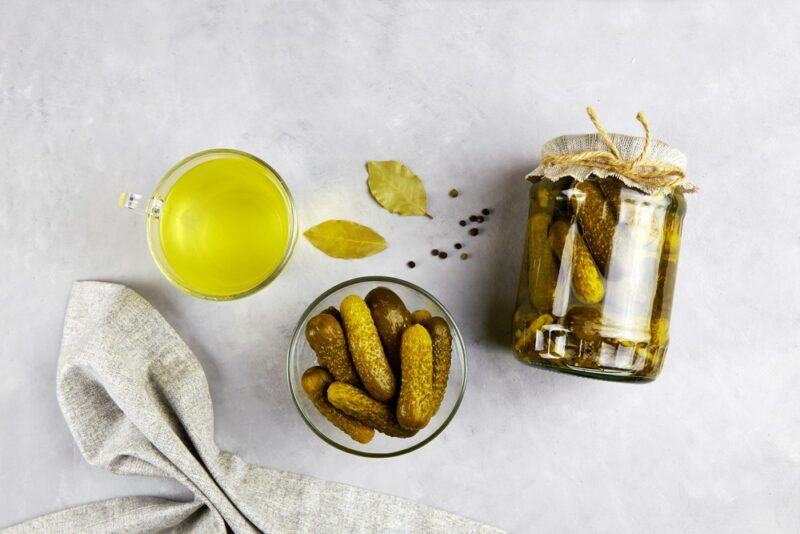
While pickle juice can be helpful in the right situation, there are some limits to consider too.
The High Sodium Content
You’ve probably noticed this already – pickle juice is salty. You’re often looking at around 500 mg of sodium in a 3.5-ounce serving. Some pickle juice might be even higher in sodium than this.
To put that number in context, we should be consuming around 2,300 mg of sodium per day (many of us go far over that target). At 500 mg of sodium, a single serving of pickle juice gets close to 25% of your daily sodium intake. That’s a lot for a single small drink.
The high sodium content is an issue even if you’re healthy. It’s a bigger problem if you have a chronic health condition or have high blood pressure.
It’s Not The Best Source Of Electrolytes
The electrolytes in pickle juice are one of the main reasons that it could help with hangovers. Yet, the electrolyte distribution isn’t ideal.
In particular, pickle juice is very high in sodium, while only containing moderate amounts of potassium and magnesium. You would get more electrolyte benefits from a drink that’s actually designed to give you electrolytes. Most of these contain a decent amount of calcium, magnesium, and potassium, plus lower levels of sodium.
Gatorade and Powerade both achieve that goal, but there are also healthy rehydration formulas that skip the artificial colors and flavors, are sugar free, and give you plenty of electrolytes. These would be better for your electrolyte balance than pickle juice.
It Can Cause Side Effects
Pickle juice seems like a pretty benign ingredient, yet some people experience considerable side effects from it. Acid reflux is a common issue, due to the acidity of pickle juice.
There are other side effects too, including gas, cramping, and bloating. You might even experience considerable water retention from the sodium content.
These side effects aren’t much fun at the best of times. Imagine dealing with them when you’re also nursing a hangover. That would seriously suck.
There’s Not Much Evidence
Finally, there’s minimal evidence that pickle juice actually helps with hangovers. The idea mostly stems from personal anecdotes and from companies that sell pickle juice.
Is Pickle Juice Good To Use?
Pickle juice certainly has some potential benefits for a hangover, but remember that it’s just one possible option. The acidity and high sodium content aren’t ideal either and could make you feel even worse.
Many people can simply use a trial and error approach, where they give pickle juice a try for themselves and see whether it works. If it helps, great. If it doesn’t, try something else (or may drink a little less next time).
There’s a catch though. If you have high blood pressure, are at risk of high blood pressure, or currently have stomach ulcers, then pickle juice isn’t wise. It would be better to find a less acidic option that’s also lower in sodium.
Will Pickle Juice Get Rid Of A Hangover?

While pickle juice can reduce hangover symptoms, it’s not going to cure your hangover outright. Realistically, the only cure for a hangover is time. You’re just going to need to wait it out.
Also, don’t focus on pickle juice on its own. Alcohol can decrease levels of important vitamins and minerals (especially if you’ve been throwing up). You need to replenish these nutrients to allow your body to recover effectively.
If you can’t handle food just yet, try having a nutrient-packed smoothie. This will help to hydrate you a little as well, which is very helpful.
What Else Helps With A Hangover?
The single best way to avoid a hangover is to not drink or to keep your alcohol intake very limited. Still… that’s probably not the solution you’re looking for. The following approaches won’t prevent or cure a hangover, but they can be helpful.
Stay Hydrated
Hangovers often seem to be related to dehydration. So, if you can stay hydrated, your hangover symptoms should be lower.
Some people do this by alternating between alcoholic drinks and water. This way the more you drink, the more water you consume. You can also try alternating sips – one sip of water for each sip of alcohol.
Doing so is a little frustrating, especially as you’ll be running to the bathroom even more often than normal. Still, staying hydrated really makes a huge difference. You could do this with an electrolyte rich drink rather than water. But, don’t drink large amounts of pickle juice, as you’d end up consuming far too much sodium.
If you didn’t hydrate well when you were drinking, you’ll need to do so in the morning instead. Water, an electrolyte rich drink, or even a broth-based soup are all options to consider.
Get Plenty Of Rest
Hangovers are often the result of high alcohol intake, coupled with being dehydrated, and not getting enough sleep. Because of this, it’s often simply important to slow down. Give your body time to rest and recover.
Ideally, if you’re hungover it’s best to give yourself some bed rest and allow your body to recover naturally. If you need to get up early (like for work!), try to find other chances to rest. Even if your hangover doesn’t last the whole day, may help to go to bed early that night. This way you get to recover fully before your next night on the town.
Eat Your Carbs

Despite their negative reputation, carbs are an important source of energy. This is particularly important when you’re hungover, as alcohol often decreases your blood sugar levels.
Fast sources of carbs include cereal, toast, bananas, and crackers. Thankfully, these are all easy to consume, even when you’re hungover and a bit nauseous.
Be Cautious With Greasy Food
Greasy foods are sometimes used as a hangover cure, perhaps because they’re so comforting. However, most such foods aren’t healthy and can easily make you feel worse.
In fact, anything that’s greasy, high in fat, or spicy could irritate your stomach – making you nauseous as well as hungover. That said – you know your own body. Some people find that greasy foods do truly help with a hangover rather than causing issues.
Give It Time
As we mentioned earlier, nothing is going to instantly make your hangover go away. Water, food, pickle juice, rest, and other remedies might help, but you still need to wait things out. Your hangover will last as long as it lasts. There isn’t much you can do about it in the end.
Getting hangovers like this may be a sign that you need to cut down on your drinking or change the types of drinks you enjoy.
If the hangover seems extreme or doesn’t clear up over time, it’s best to seek medical attention. This is important, as you may be suffering from alcohol poisoning or there may be another issue that’s impacting you.

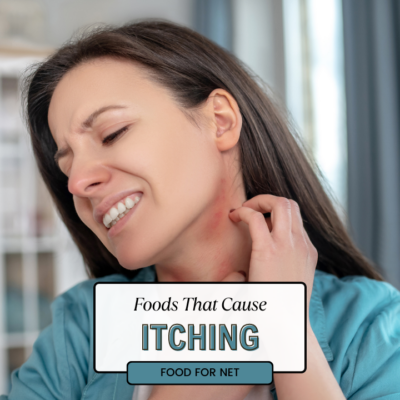

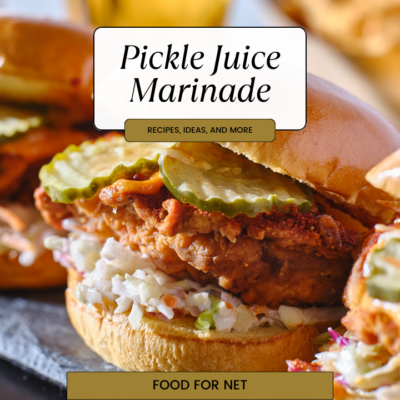


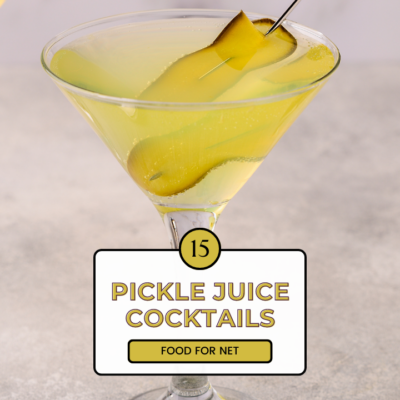
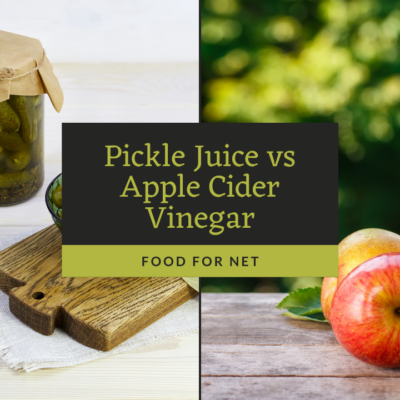
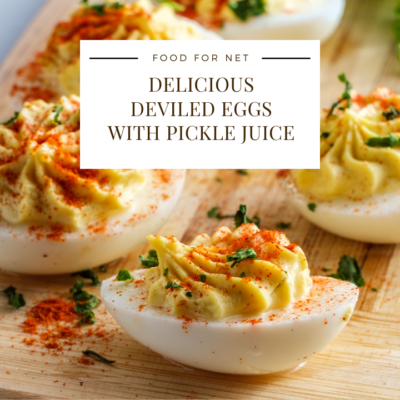
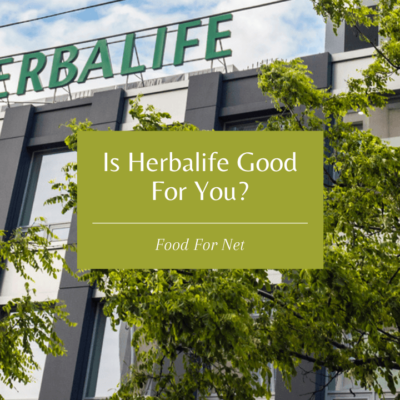


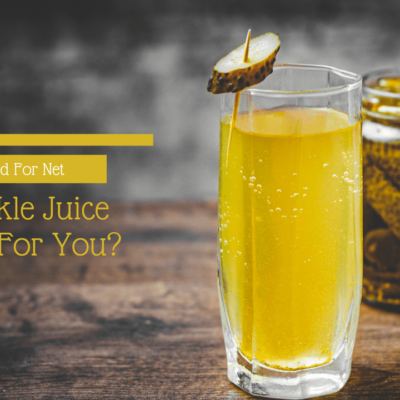
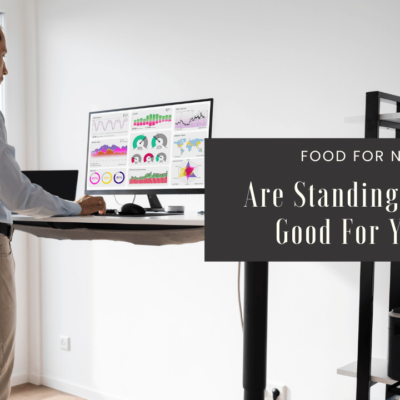

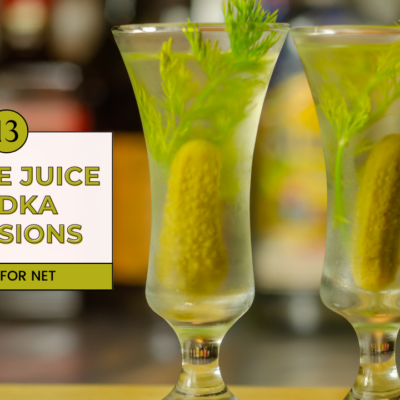
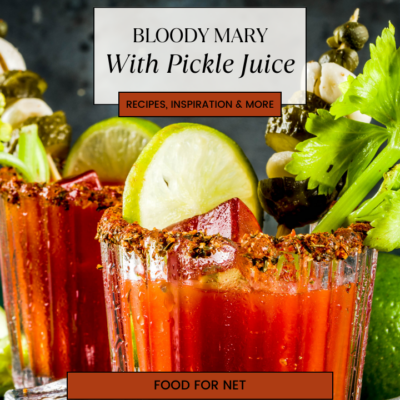
 Is Pickle Juice Good For Your Liver?
Is Pickle Juice Good For Your Liver?
Leave a Reply